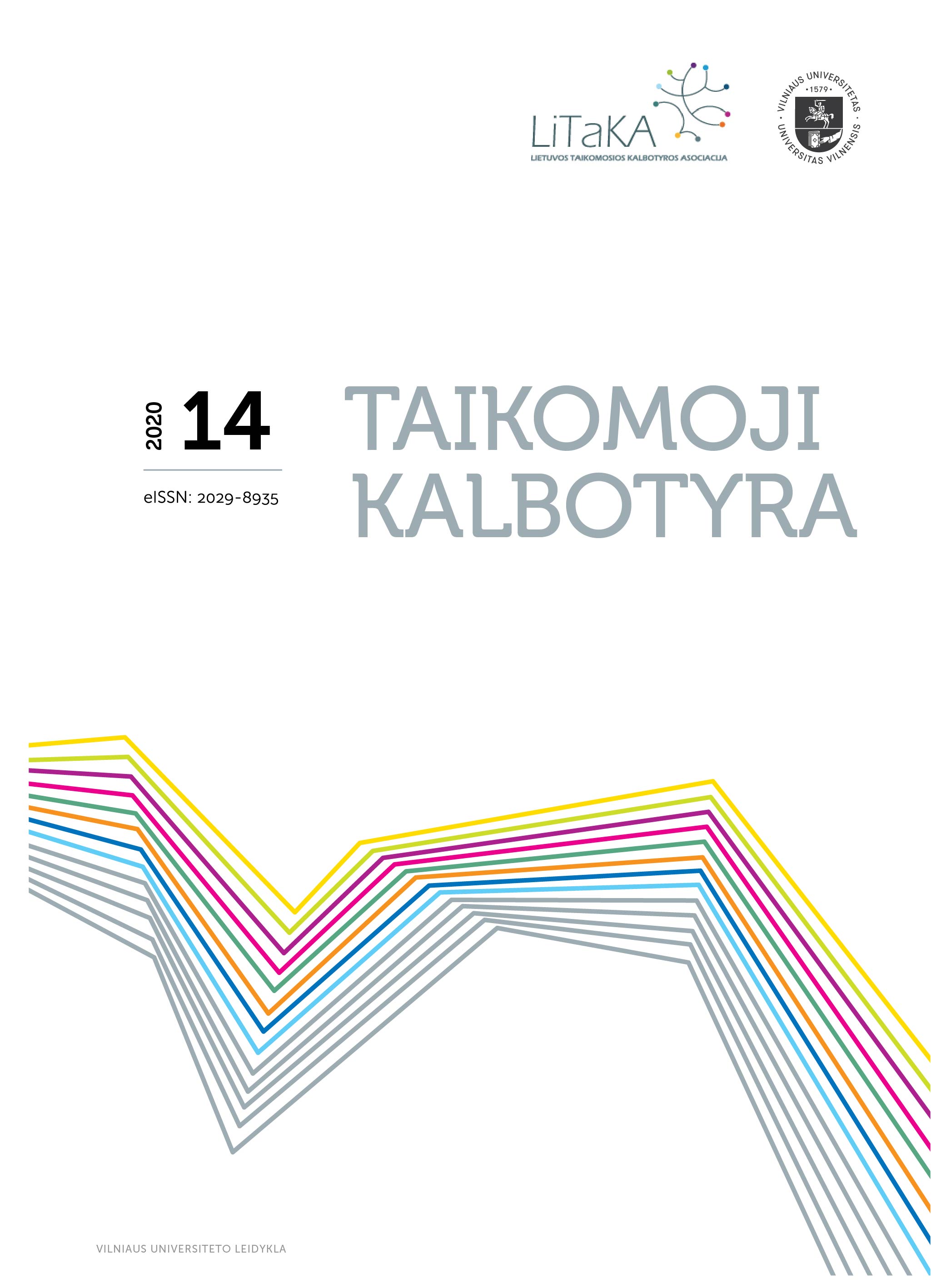Politinių TV debatų specifika: Kaip menkinti kito įvaizdį ir didinti savo galią?
Political TV debates: How to get more power and damage the opponent’s face?
Author(s): Eglė ŽurauskaitėSubject(s): Politics / Political Sciences, Language and Literature Studies, Communication studies, Pragmatics
Published by: Vilniaus Universiteto Leidykla
Keywords: linguistic pragmatics; power; impoliteness; face; political debates;
Summary/Abstract: The paper aims to reveal the process of face and power construction in the context of political TV debates in Lithuania and to analyse face threatening acts (FTAs) in terms of propositional content and orientation to the addressee’s face. This study adopts the qualitative content analysis approach to analyse 360 minutes of political debates broadcasted before the 2016 Lithuanian parliamentary elections. The current paper presents the concept of impoliteness, which is later applied in the empirical analysis to address two main objectives: (a) to analyse the process of face and power construction in political TV debates and (b) to study FTAs in terms of propositional content and orientation to the addressee’s face. The results of the study have revealed that politicians seek to get more power by producing FTAs towards their opponents; a zero-sum game metaphor can be used to describe this process. Also, the analysis of FTAs has demonstrated that politicians tend to apply both negative and positive impoliteness strategies. The analysis of FTAs in terms of propositional content has shown that politicians are mostly described as the ones who are lying, hiding the truth, and have performed wrong and ineffective actions in the past. This suggests that participants in Lithuanian political TV debates seek to damage their rival’s face in a way which does not harm their own face by applying indirect – positive and negative – impoliteness strategies and by negatively describing their opponents’ professionalism and general competencies.
Journal: Taikomoji kalbotyra
- Issue Year: 2020
- Issue No: 14
- Page Range: 82-98
- Page Count: 17
- Language: Lithuanian

